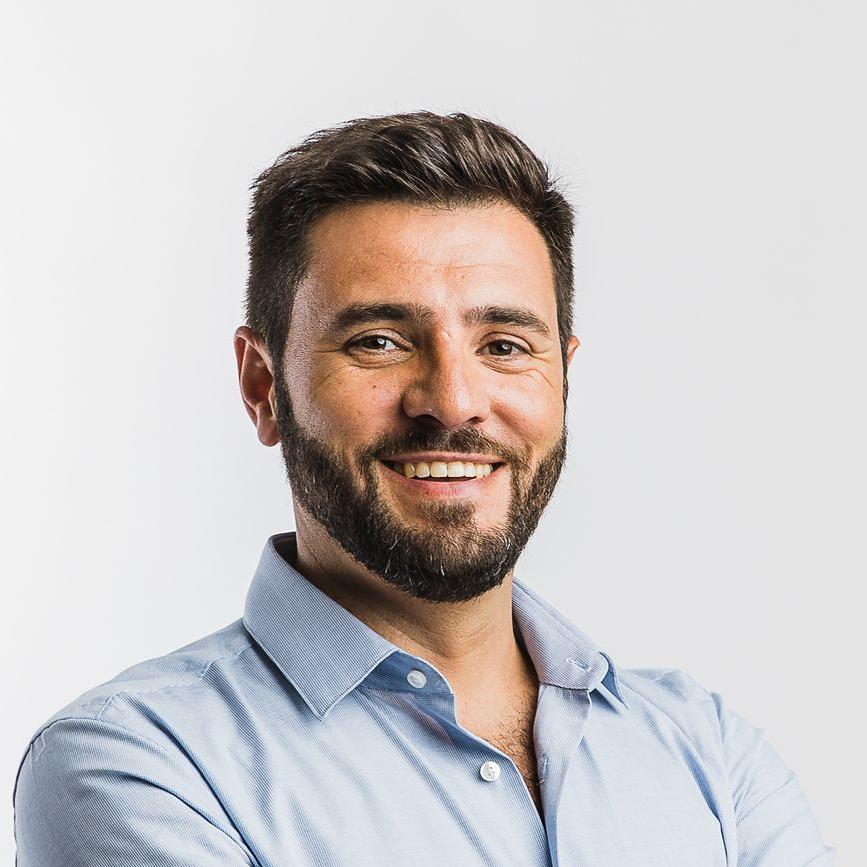"I only know that I know nothing…" (Sócrates)
A universal definition of “value” in healthcare has historically been hard to come by. Competing interests (technical, social, financial) coupled with viewing the issue through different lenses (individual, collective) have made non-technical critical thinking about this issue very challenging. This is unfortunate, since non-technical assertions must be part of the conversation in order to gain consensus.
Critical thinking is a methodology used to continuously analyze the tasks we are responsible for and systematically look for actions that add value and eliminate waste. Barriers to critical thinking — including silos/hierarchies, codes of conduct, and autonomous languages — decrease the odds of effective communication. This leads to diminished innovation and problem-solving, and serves to defend the status quo.
I know I know little and I wonder if I can't do better…
Critical Thinking
In critical thinking, decision making is based on individual knowledge and experience and is supported by logical analysis of the situation at hand. Cognitive deviations restrict the analytical perception of solutions by deviating from the way logical deduction is supposed to work.
The critical thinking approach was developed in classical antiquity by philosophers in their search for truth. Deductive conclusions are based on assumptions which support the decision, positive or negative. But as we seek clarity in reasoning, we can easily devalue these assumptions because a higher value ignores them and proclaims the final conclusion notwithstanding. The internal debate should instead focus more on the logical conclusion of reasoning than on the reflection on the validity of the assumptions.
The Facets of Critical Thinking
Here are the vital aspects to developing critical thinking and promoting the emergence of alternative solutions. They are oriented towards fostering deductive reasoning and leveraging the motivation that drives the process.
Recognize problems, to find workable means for meeting those problems
Understand the importance of prioritization and order of precedence in problem-solving
Gather and marshal pertinent (relevant) information
Recognize unstated assumptions and values
Comprehend and use language with accuracy, clarity, and discernment
Interpret data, to appraise evidence and evaluate arguments
Recognize the existence (or non-existence) of logical relationships between propositions
Draw warranted conclusions and generalizations
Put to test the conclusions and generalizations at which one arrives
Reconstruct one's patterns of beliefs on the basis of wider experience
Render accurate judgments about specific things and qualities in everyday life
This methodology enables a definitive analysis of the facts, tools, and daily procedures from the simplest to the most complex, with the the goal of eliminating waste and adding organizational value.
Since critical thinking is individual by nature, its application in an organization inevitably confronts its ingrained culture of restraining change without collective effort. This is why we need both individual and unified metrics that help to increase the power, effect, or likelihood that the conclusion drawn will contribute value to the organization.
Paradox Management
"The thinker without paradox is like a lover
without feeling" (S. Kierkegaard)
When discussing paradoxical themes in organizations — such as doing more with less — tension and stress inevitably arise, along with the need for discussions about the assumptions in the initial argument. This tension and stress can be a source of creative thinking and generate a new way of learning in the search for solutions as outlined in the facets of critical thinking above.
Key to these discussions is the willingness to entertain dissenting opinions and be self-critical. What makes me so sure that my arguments are perfect? If they really are, I should be able to defend them against any challenge.
The Icarus paradox, the paradox of Zeno, the liar paradox, and the barber paradox are some of the well-known examples which illustrate why dismantling the paradox is only possible with a detailed analysis of the assumptions at hand. Promoting these collective discussion techniques highlights models of reasoning that advocate divergent thinking, including the surfacing of creative thinking that has been previously suppressed.

Hugo Lourenço
Hugo Lourenço is the founder of Experience Agile® and DevOps Forum, Agile Human Factors ®, World Agility Forum ®, Agile21® - Improving through people, and Agile Thinkers Academy ®. Hugo is an Entrepreneur in several businesses and its main focus is to understand how companies are dealing with better ways of working and how to improve their business outcomes for their employees and customers.
Hugo is motivated by his values and getting his opinion recognized, perfectionist and creative as well a strong believer in a better outcome from people’s work, although he has a strong need for personal (people) trust/honest/transparent relationships and also doesn’t expect less than perfection from others too. Hugo was a marine and he is mission-oriented, if your business, department, or team is in danger or needs to be rescued, this is the right mission for Hugo and his international team.
The experience of working closely with the leaders of many of the brands that have already started this “Enterprise Agility” process outside Portugal, has made it clear that the company’s to get ready for an “unpredictable future” should seek to rationalize the portfolio of legacy products, create high-performance teaming, understand why they do what they do, and their impact on the new operating model. Hugo team will guide you to organizational design & a new way of working, and that will emerge psychological safety, emergent leadership, and new business models through sustainable processes.
He collaborates as a guest lecturer in some national and international business schools has a presence in the North American, and European markets.
Skills: Cynefin, Product Management, Project Management, DevOps Trainer, LeanKanban Trainer, Coach, Scrum Professional and trainer, High-Performance Teaming, Emergent Leadership, Design Thinking, Human Factors, Risk Manager, IT Governance and Service Manager.
Expertise in Business Areas: Defense, Healthcare, IT, Telecom, Bank and Insurance, Utilities.
Some of his interests are:
Motorcycle, traveling, reading, surf paddling, skiing, bicycle, cinema, theater, orchestra, museems.